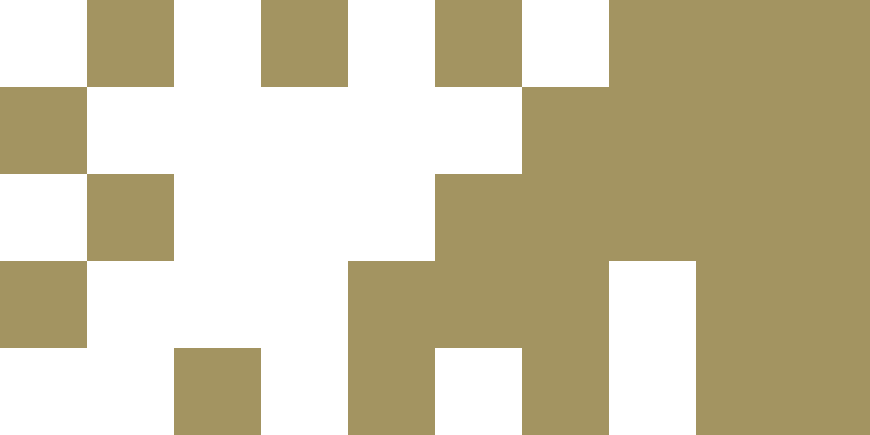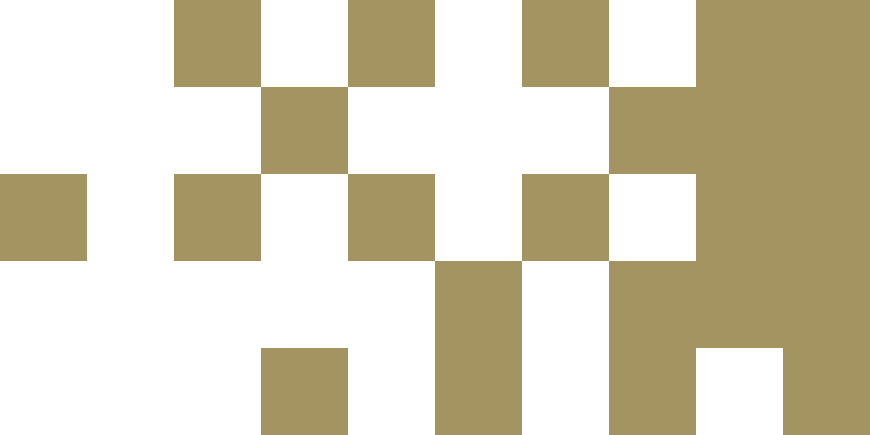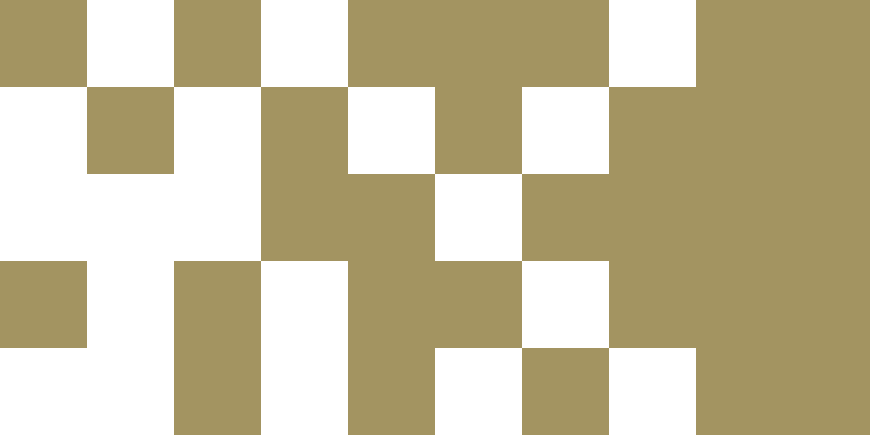Duration: 24 months (November 2018 – October 2020)
TUS Project Budget: €23,093
Total Project Budget: €159,671
Summary
Digital competence includes knowledge of how digital tools affect everyday life, how they can be used for information search and as support for critical thinking, creativity and innovation. In order to create a sustainable digital society, national governments are creating strategies where schools play a central role.
Schools should be the leaders in exploiting the potential of information and communication technology (ICT) in the best way to achieve high digital skills among students; many countries have\ recently implemented digital knowledge as an important part of their school curricula. ICT offers new tools for teaching and students’ development and learning. Digital tools enable new opportunities to increase students’ understanding, as they can be used to visualize concepts and processes.
The FICTION project identifies science subjects as good examples where digital tools can increase students’ understanding by visualizing abstract models and theories. For this purpose, the further development of teachers’ digital competence is the most important need to be addressed.
Objectives and aims of the project
- To enhance teachers’ ability to teach students to use digital tools for their own understanding of science. Students will be producers and informal learning increases in importance. Learning will be independent of time and space and enhances collaborative work, necessary for future professional needs.
- To identify weaknesses and strengths in digital tools for teaching. Teachers will have flexible and expandable digital tools that can be for their professional development. TUS is partnered with Colaiste Mhuire Thurles and colleges and schools in Sweden and Italy.
The project partners have the following target groups:
- School teachers
- School directors
- Policy makers Indirect
- School students
- Teacher educators
Expected results:
- Contribute to the professional development of science teachers, allowing them to effectively integrate ICT into their pedagogical strategies.
- Encourage science teachers to use existing ICT-based learning objects and develop new learning objects on their own.
- A literature review of existing methodologies and strategies for the introduction of ICT support for science teaching.
- Guidelines for teachers, providing methodological and operative insights to enable them to effectively design ICT-based science teaching.
- Guidelines for school directors and policy makers, outlining strategies for the implementation of innovative ICT-based approaches to science teaching and to introduce them as part of the teachers’ professional qualifications through a more aware and structured mastering of digital competences.
- Toolkits for innovative science teachers.
Contact Details
Marie Walsh
Project Coordinator
Email: marie.walsh@tus.ie
Funded by Erasmus+, KA2: Cooperation for innovation and the exchange of good practices – Knowledge Alliances




